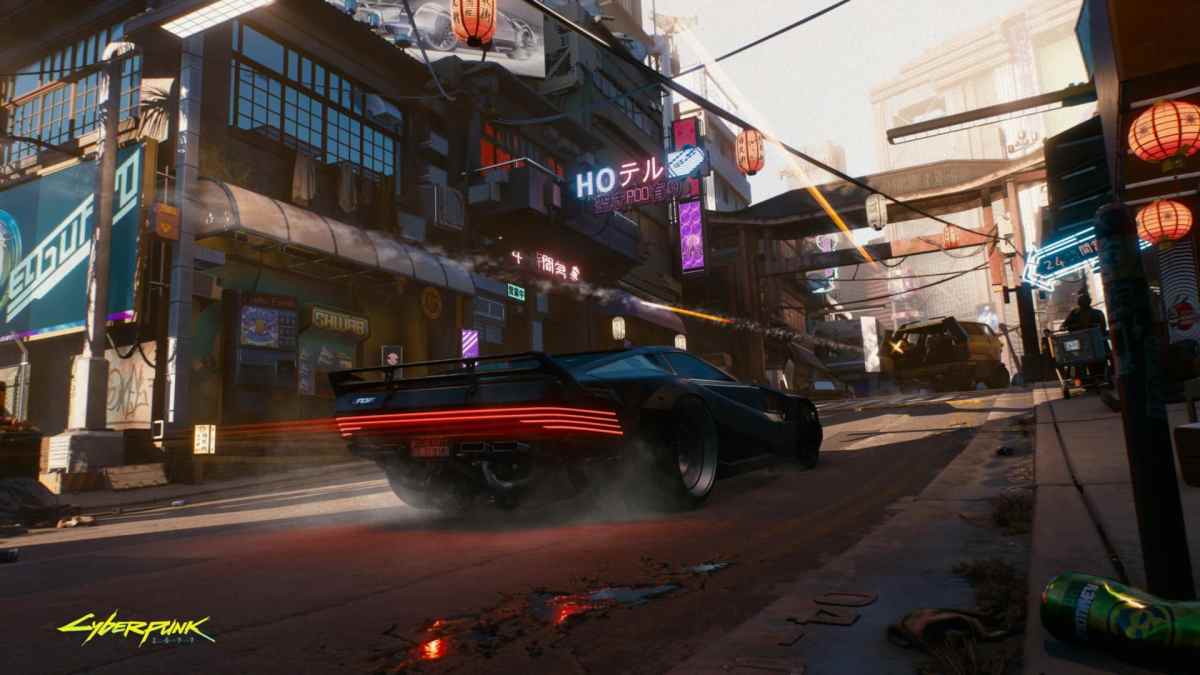It’s that time of the year again. Snow’s starting to fall across large swaths of the country, Mariah Carey has vaulted to the top of the Spotify charts, and the debate over “Game of the Year” has begun in full force. You could say that the GOTY discussion began with the reveal of the nominees for Geoff Keighley’s Game Awards, but if I’m being honest, the debate starts the second a major game drops in a calendar year.
And while it’s a ton of fun to make rank lists, debate the merits of one game over another, and use our crystal balls to glean which mechanics will withstand the test of time, it’s important to keep one thing in mind — game of the year ultimately doesn’t matter, so don’t take it too seriously.
First off, the timing of the awards is weird, seeing as how its cutoff eliminates a lot of late fall games like Immortals Fenyx Rising and Cyberpunk 2077, but by the time the next year rolls around, those games are understandably forgotten (looking at you, Star Wars Jedi: Fallen Order). It’s not rare for a major game to hit in December, from 2012’s Far Cry 3, to 2018’s Super Smash Bros. Ultimate. The cutoff also prohibited folks to get ample time in with a lot of the new console launch games, including Assassin’s Creed Valhalla, Demon’s Souls, and Astro’s Playroom. So ostensibly, what we’re looking at is an award for the best game released in the first 10 months of the year.

And again, that’s fine. The logistics of being the first out of the gate with your large-scale awards show means that you need to get the ball rolling as quickly as possible, which in turn means having to make concessions like this. The Game Awards show is also much more than just a place to give out awards — live musical performances, celebrity guests, honoring important figures in video game history, and debuting trailers for upcoming games all have prominent placement in the broadcast. And honestly, I love all of that stuff. The show has grown and evolved over the years into something I genuinely look forward to watching every December.
But it’s a bit funny that The Game Awards kicks off an award season that will run through a decent chunk of 2021, with D.I.C.E., the Game Developer Awards, and the BAFTAs all occurring throughout the spring. By that point, awards will be given to games that came out over a full year before the ceremonies.
But perhaps the biggest reason why choosing a single game as the “best” shouldn’t be taken too seriously is that the medium itself is impossibly vast. Take film, for example. Throughout the year, I keep tabs on the best reviewed movies and make it a point to watch them all when they enter my orbit. By the time Oscar season rolls around, it’s easy for me to have watched the 50 or so movies that are generally considered the best from each year. The only barrier to entry is accessibility, which is becoming less of an issue each year with the wealth of streaming services. And while foreign-language films and documentaries might not appeal to some folks, most people are fully equipped to watch anything that comes their way.

That’s not the case with video games. No matter how hard you try, it’s almost impossible to keep up with the deluge of games that release every single week across consoles, PC, and mobile. On top of this, genres are so different and have a much stricter barrier of entry. If you don’t have a big, beefy PC, you’re going to miss out on Flight Simulator. If you don’t have a VR setup, then you can’t experience Half-Life: Alyx. If you could only afford one next-gen console, you’re going to miss out on the other’s exclusives. And if you don’t have the time and skill needed to really get into the meta of a competitive game, it’s hard to speak on them with any sort of authority. And of course, games usually take longer than the average film to be fully absorbed and understood, making it all the more impossible to stay fully up to date.
The shortlist of games we’ve seen in 2020 is incredibly varied. It’s mind-boggling to try and compare Animal Crossing: New Horizons, The Last of Us Part II, Kentucky Route Zero, 13 Sentinels: Aegis Rim, Spiritfarer, and Astro’s Playroom. And then there’s the issue of discovery. For every indie like Hades that breaks through and becomes a mainstream success, there are countless games that remain overlooked. For every Among Us or Fall Guys that comes out of nowhere and becomes the center of conversation, there are hundreds of small games that die on the vine. I talk about video games for a living, and I have never once felt like I was fully “caught up” on the medium.

So ultimately, game of the year tends to transform into a popularity contest. The games that the most folks have had a chance to play tend to receive a lot of the awards. And that makes complete sense — there are millions more people who’ve played Ghost of Tsushima than Paradise Killer, so the conversation around those two games is going to be held at much different volumes. That doesn’t mean one of them is “better” than the other — all art is subjective, so any ranking of games ultimately boils to personal preferences. But the reach Sony has as a publisher, developer, and platform holder certainly doesn’t hurt its chances.
I love seeing the developers who worked so hard to deliver such wonderful experiences get the recognition they deserve. It’s genuinely heartwarming to spotlight the folks who spent years of their lives to create the experiences we love. Likewise, it’s always nice to see an underdog success story, no matter where it might come from. But these things ultimately don’t impact my opinion on the games. I could probably count on one hand the amount of times my favorite movie of the year has ended up winning the Oscar, but that doesn’t change my view of them whatsoever. Just like what you like, find happiness in others liking what they like, and enjoy the silly debates that spark from end-of-the-year discussions.
But seriously, Persona 5 Royal is the best game of the year, and the fact that it wasn’t nominated is a travesty.
